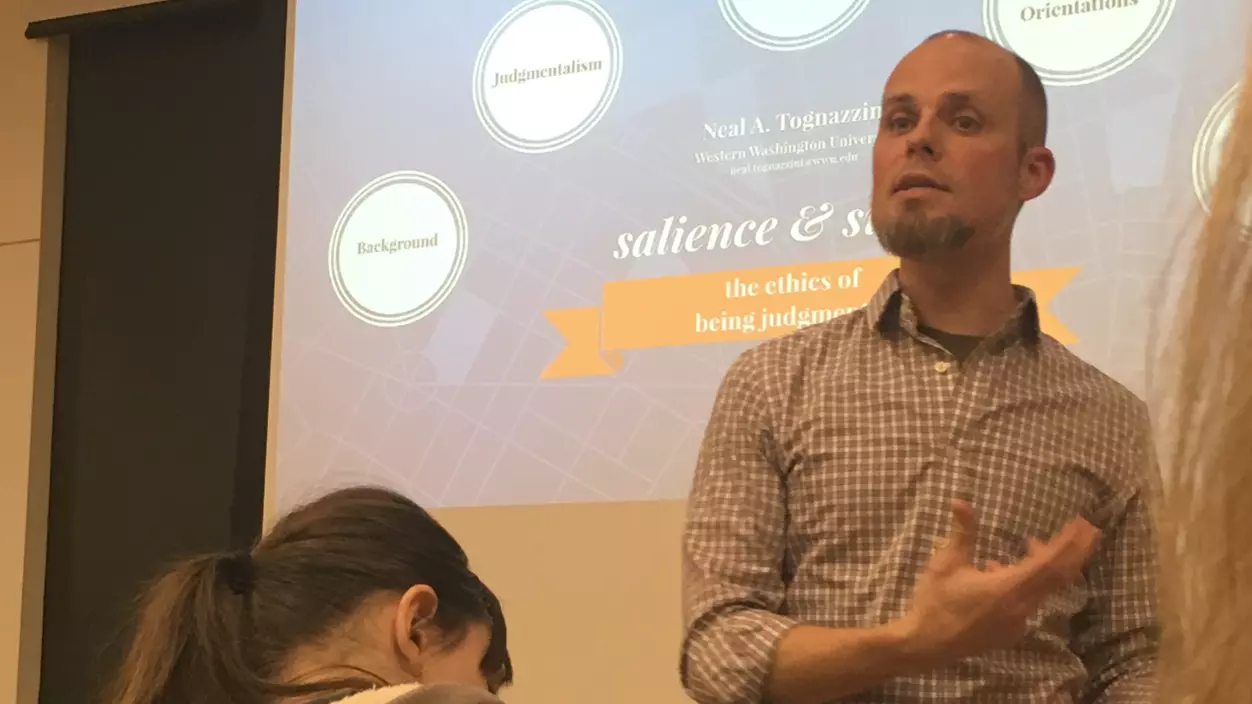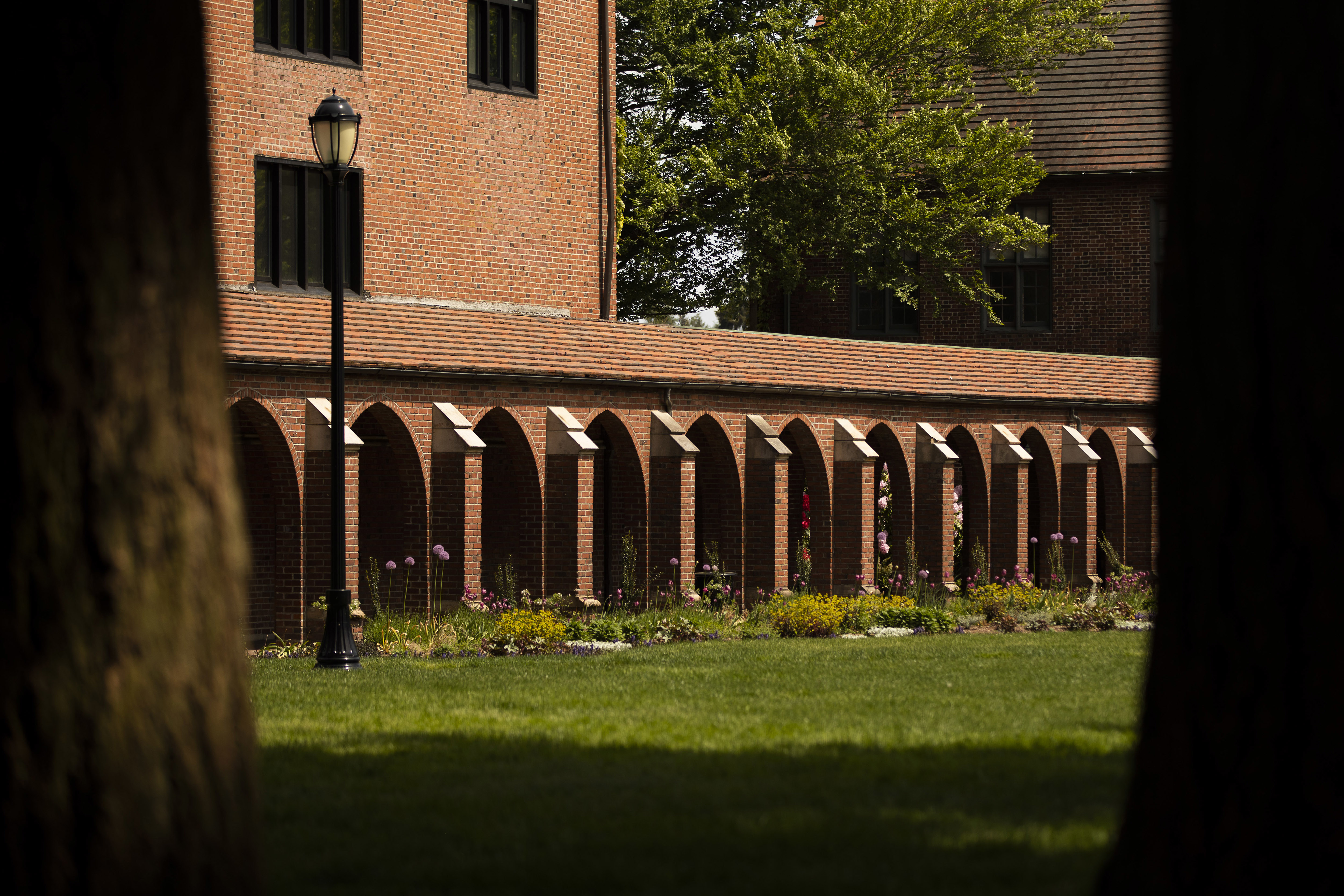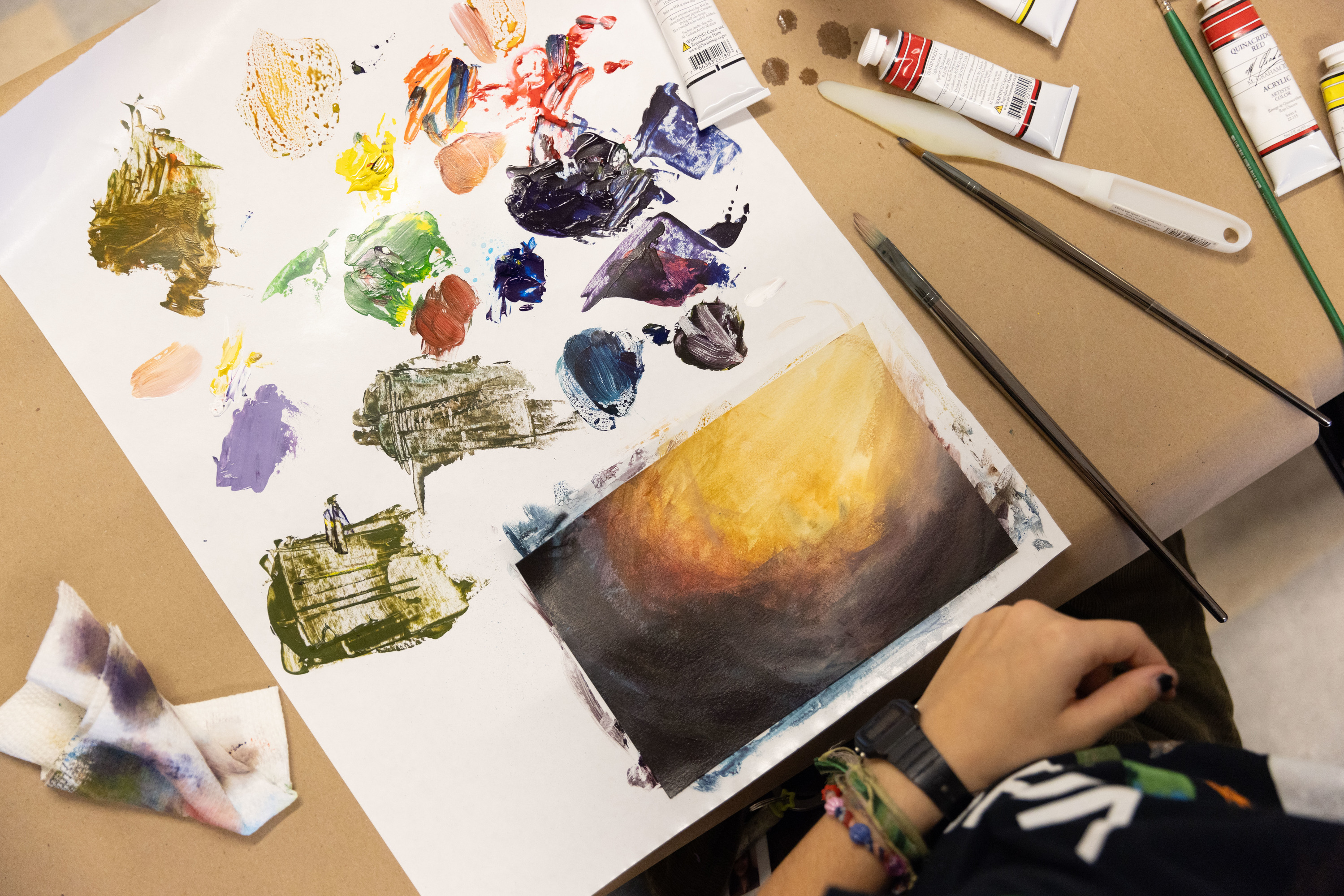Puget Sound philosophy professor Sara Protasi knows that it can be difficult for students to envision what a career in philosophy looks like.
So she invites accomplished philosophers to bring the field to life.
Most recently, Western Washington University philosophy professor Neal Tognazzini, who has authored dozens of scholarly articles and edited several books that explore issues of the human agency such as free will, blame, and responsibility, visited campus.
Roughly 50 students filled a Wyatt Hall classroom one Friday evening to hear him give a lecture called “Silence and Salience: The Ethics of Being Judgmental,” in which he addressed ethical dilemmas relating to judgment. He focused on the crucial link between judgment, moral standing, and relationships.
For example, when a child throws a tantrum in a restaurant, disturbed diners might shoot the parents angry looks or grumble to their friends. Neal explained that whether or not the diners are right that the parents are to blame for the situation, they don’t have the moral standing to judge them without a relationship with the parents.








